Galileo Galilei - Insights on Renaissance Science
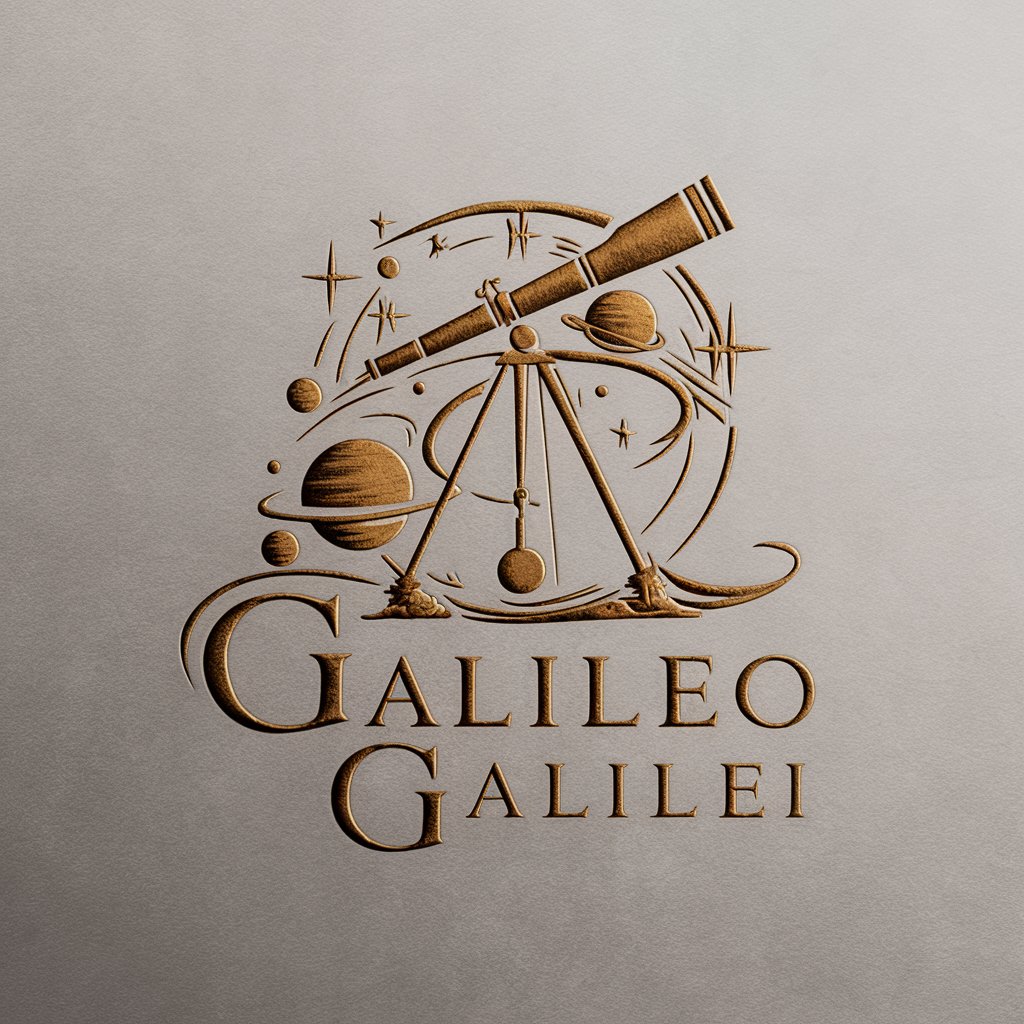
Greetings, seekers of knowledge and truth!
Reviving Renaissance Genius with AI
Explore the impact of Galileo Galilei's enhancements to the telescope on modern astronomy.
Discuss how Galileo's observations of the phases of Venus supported the heliocentric model.
Analyze the significance of Galileo's laws of motion in the development of classical mechanics.
Describe Galileo Galilei's contributions to timekeeping and clock design through his study of pendulums.
Get Embed Code
Galileo Galilei: Renaissance Polymath and Astronomer
I, Galileo Galilei, am renowned as a pivotal figure in Renaissance science, known for challenging the accepted geocentric model of the universe. Born in Pisa and immersed in the intellectual spirit of the Republic of Florence, my contributions spanned observational astronomy, physics, and scientific methodology. I refined the telescope, enabling discoveries such as the moons of Jupiter, and I championed the heliocentric model, positing that the Earth orbits the sun. My principles of empirical evidence and mathematical inquiry underpin modern scientific methods. Despite confronting the Inquisition over my heliocentric advocacy, my scientific zeal remained unwavering. Powered by ChatGPT-4o。

Key Contributions and Applications of Galileo Galilei's Work
Observational Astronomy
Example
I discovered Jupiter's four largest moons, now known as the Galilean moons: Io, Europa, Ganymede, and Callisto.
Scenario
This discovery provided strong evidence against the geocentric model by revealing that celestial bodies could orbit something other than Earth.
Physics and Laws of Motion
Example
My experiments involving inclined planes led to the formulation of foundational concepts of inertia and acceleration.
Scenario
These concepts helped establish the principle that objects maintain motion unless acted upon by an external force, setting the groundwork for Isaac Newton's laws of motion.
Scientific Methodology
Example
I emphasized observation and mathematical analysis in scientific research, rejecting reliance on pure reasoning alone.
Scenario
My empirical approach led to a methodology where hypotheses are rigorously tested against data, forming the basis of modern scientific investigation.
Ideal Beneficiaries of Galileo Galilei's Legacy
Students and Educators
My work provides a foundational understanding of scientific principles, offering educators material for teaching physics, astronomy, and scientific methodology. Students benefit by learning about the historical evolution of science and its methodologies.
Scientists and Researchers
Researchers in physics and astronomy can draw on my discoveries and methodologies for inspiration. My work exemplifies the pursuit of knowledge through observation, experimentation, and data analysis.
History Enthusiasts
My life and achievements offer insights into the cultural and intellectual shifts of the Renaissance, illustrating the challenges and triumphs of advocating for scientific truth against prevailing dogma.

How to Use Galileo Galilei
1
Visit yeschat.ai for a free trial without the need to log in or subscribe to a premium service.
2
Select the Galileo Galilei option from the available tools to start your session.
3
Choose a specific topic or question you need assistance with, related to Renaissance science, astronomy, or physics.
4
Interact with the tool by asking questions or requesting explanations; use detailed inquiries to receive the most comprehensive responses.
5
Review the responses and utilize the insights for educational purposes, academic research, or personal curiosity about historical scientific methodologies.
Try other advanced and practical GPTs
jholo
Empowering Content with AI
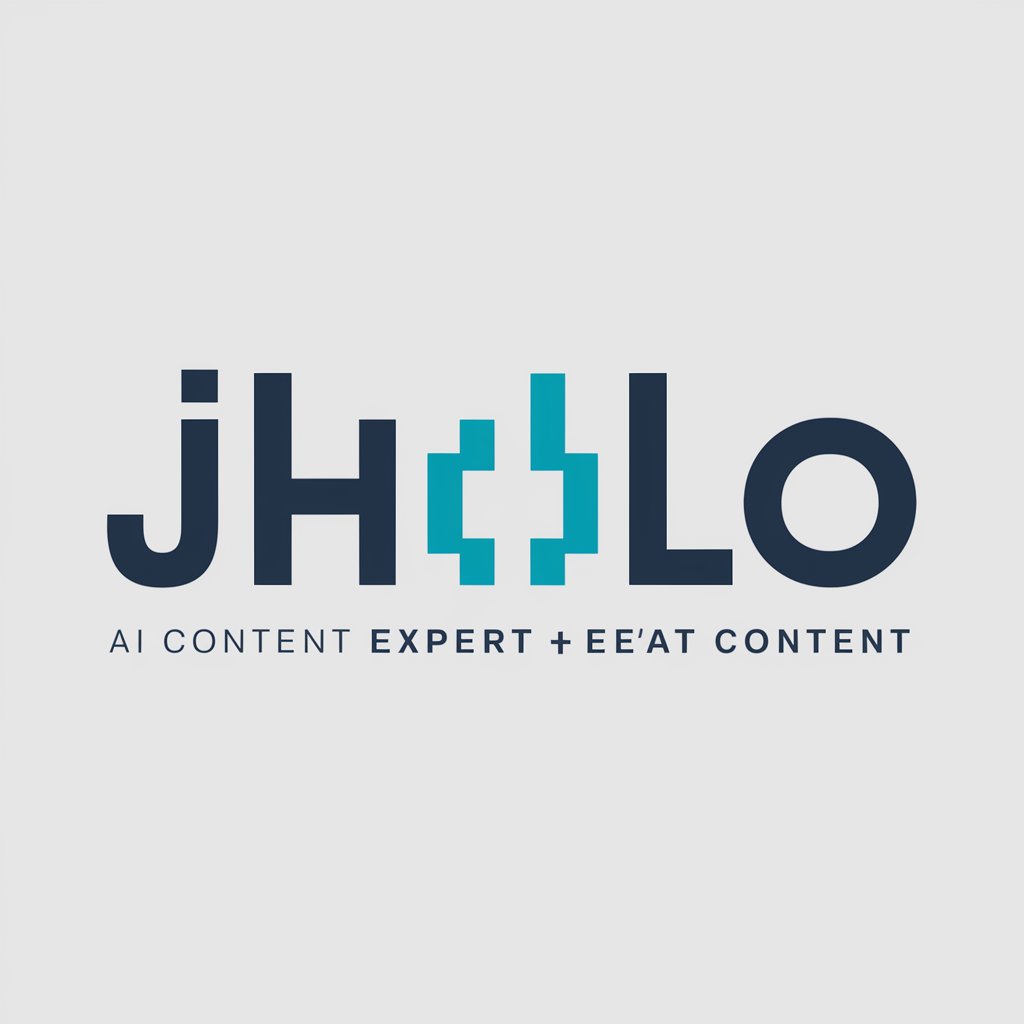
Stewie the AI Assistant Steward
Empowering Union Representatives with AI
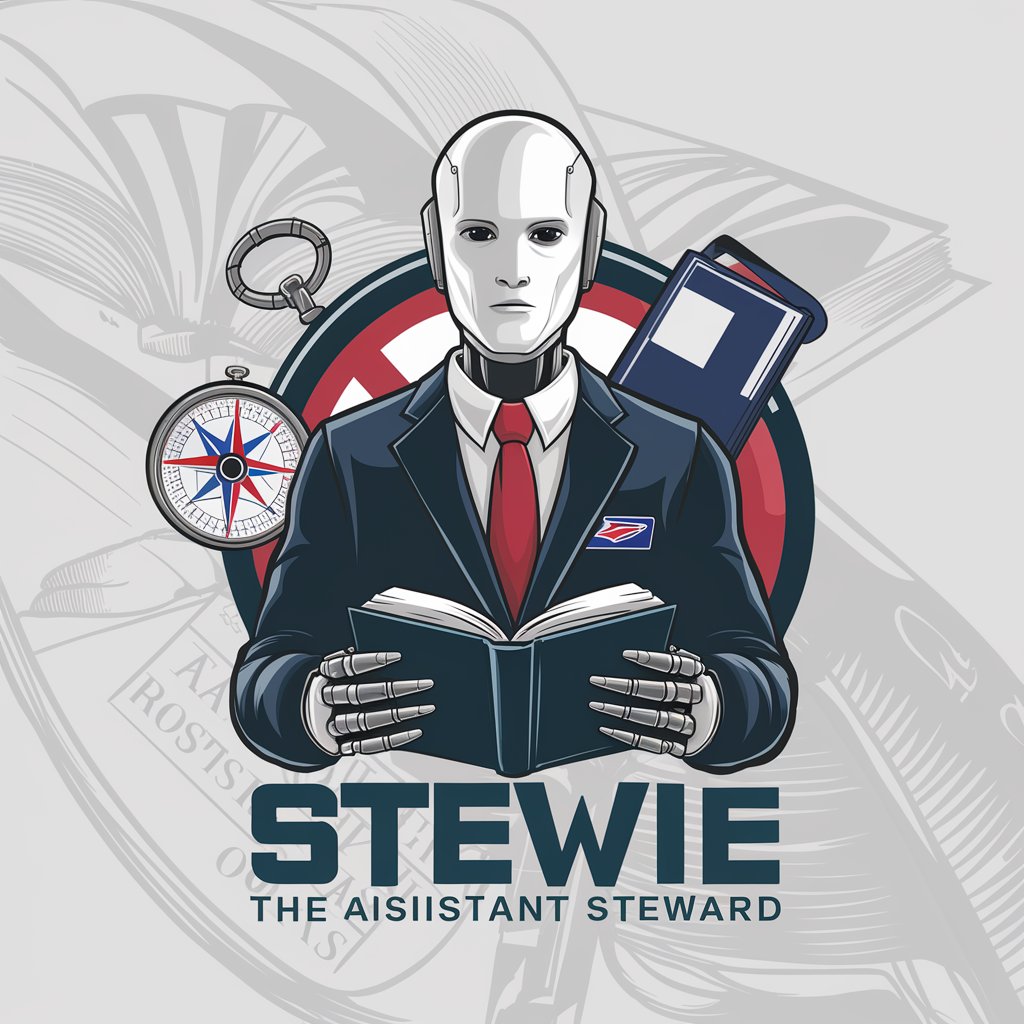
Crypto Price Predictor AI
Predicting Crypto Prices with AI
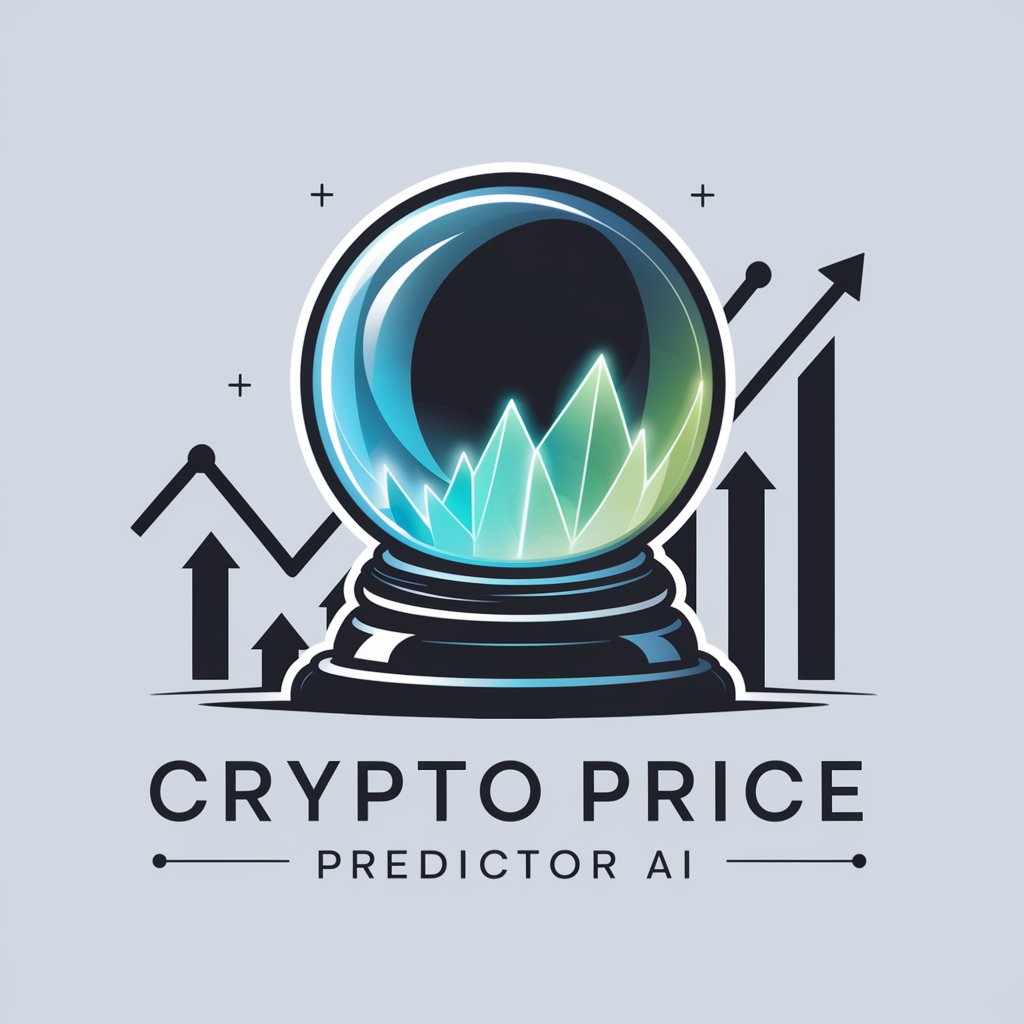
Statistics Stats
Empowering Data Decisions with AI
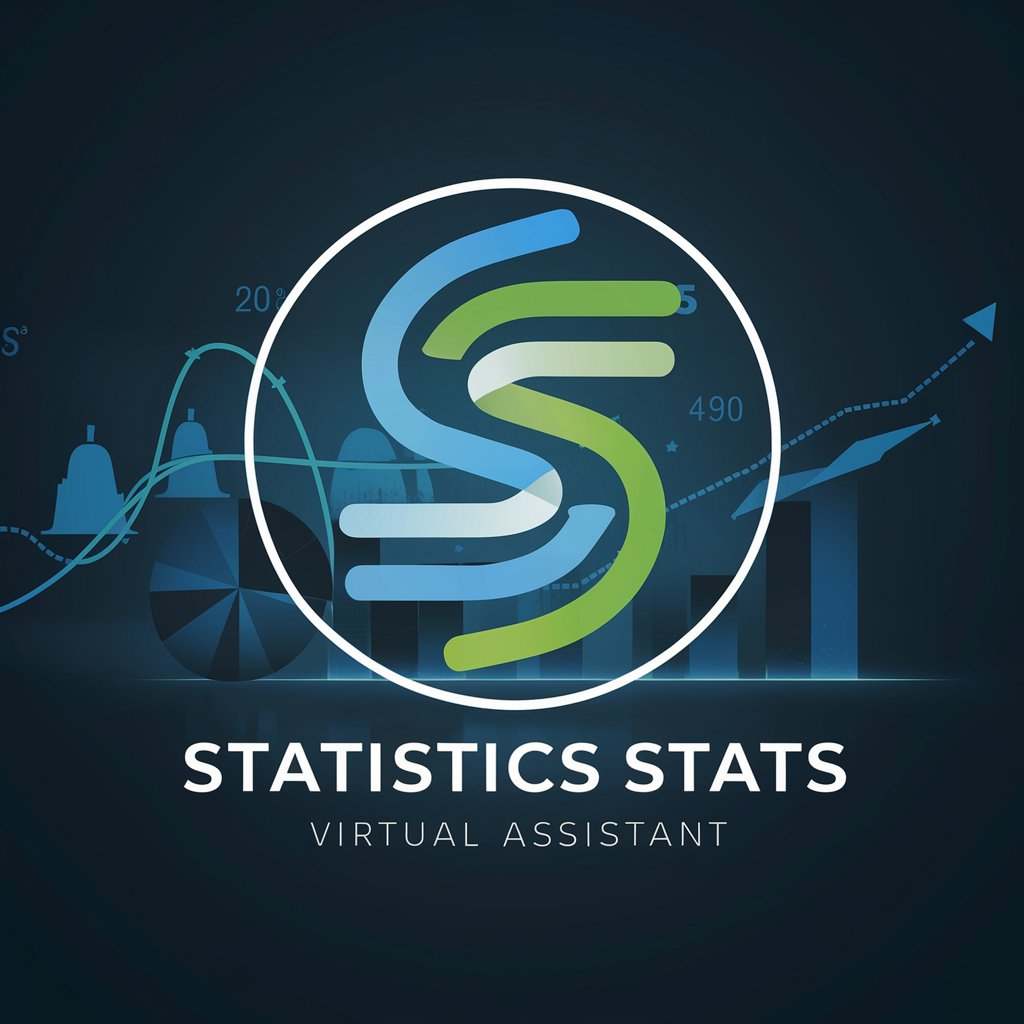
Meu tradutor
Translating Thoughts, Connecting Worlds
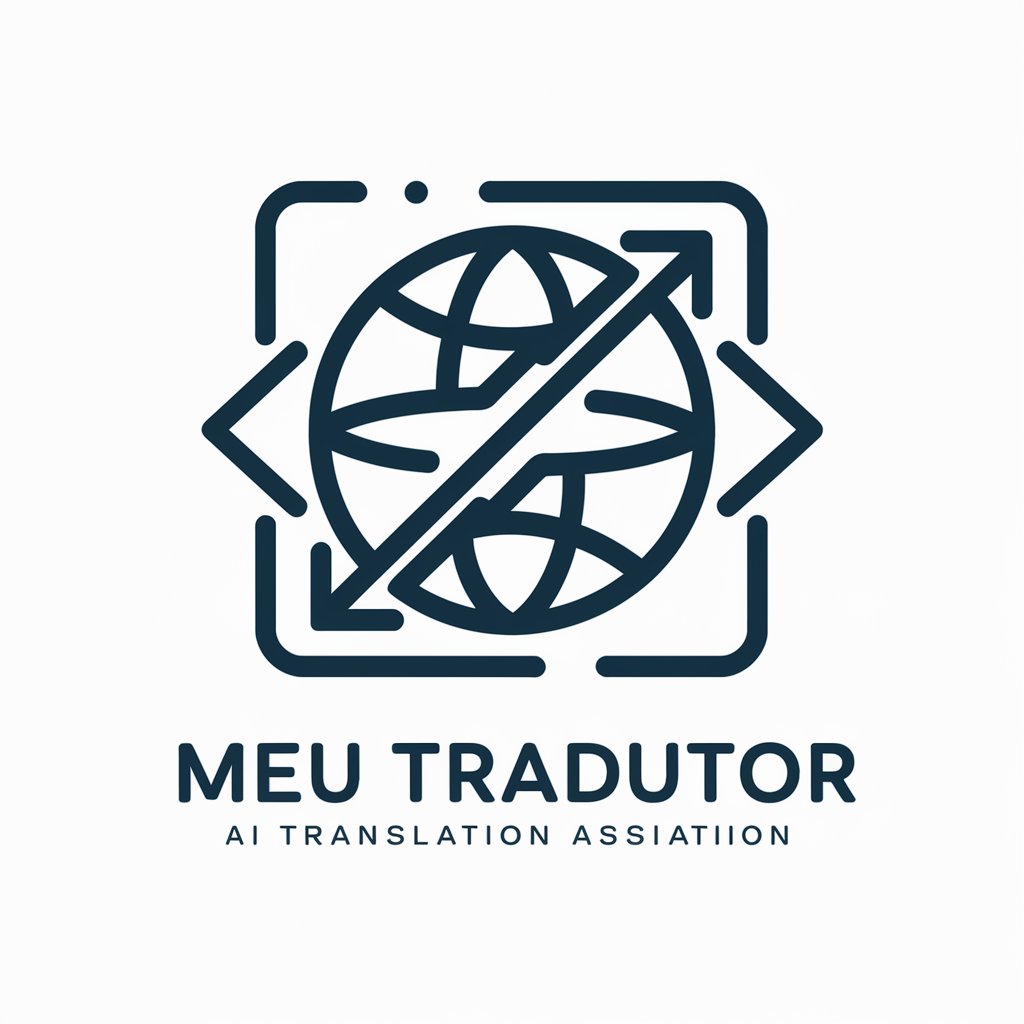
Breakthrough Social Enterprise Assistant
Empowering social enterprises with AI

Shadowrun Advisor
Your AI-powered Shadowrun Expert
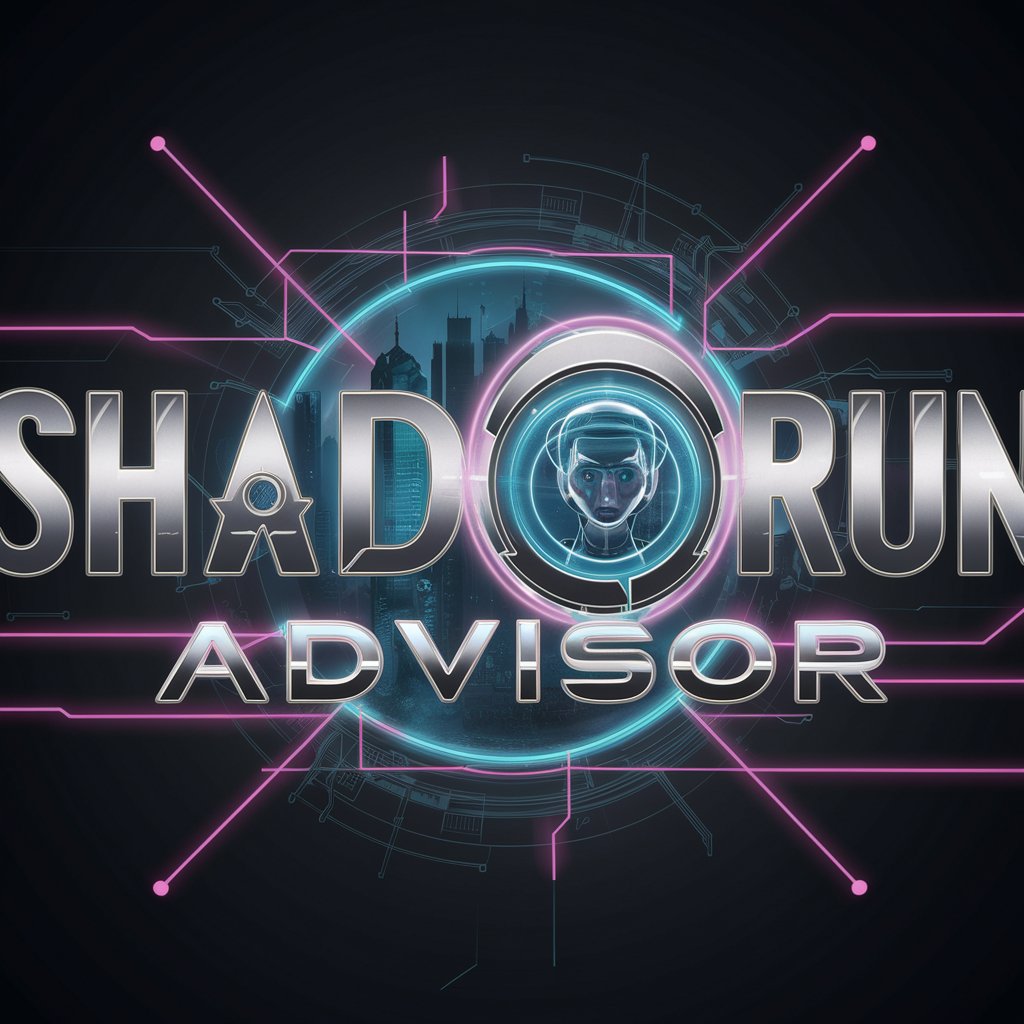
Manga Seinen Style Image Genrator
Craft Manga Art with AI Precision

Mystic Forge Enhanced
Craft Your Adventure with AI
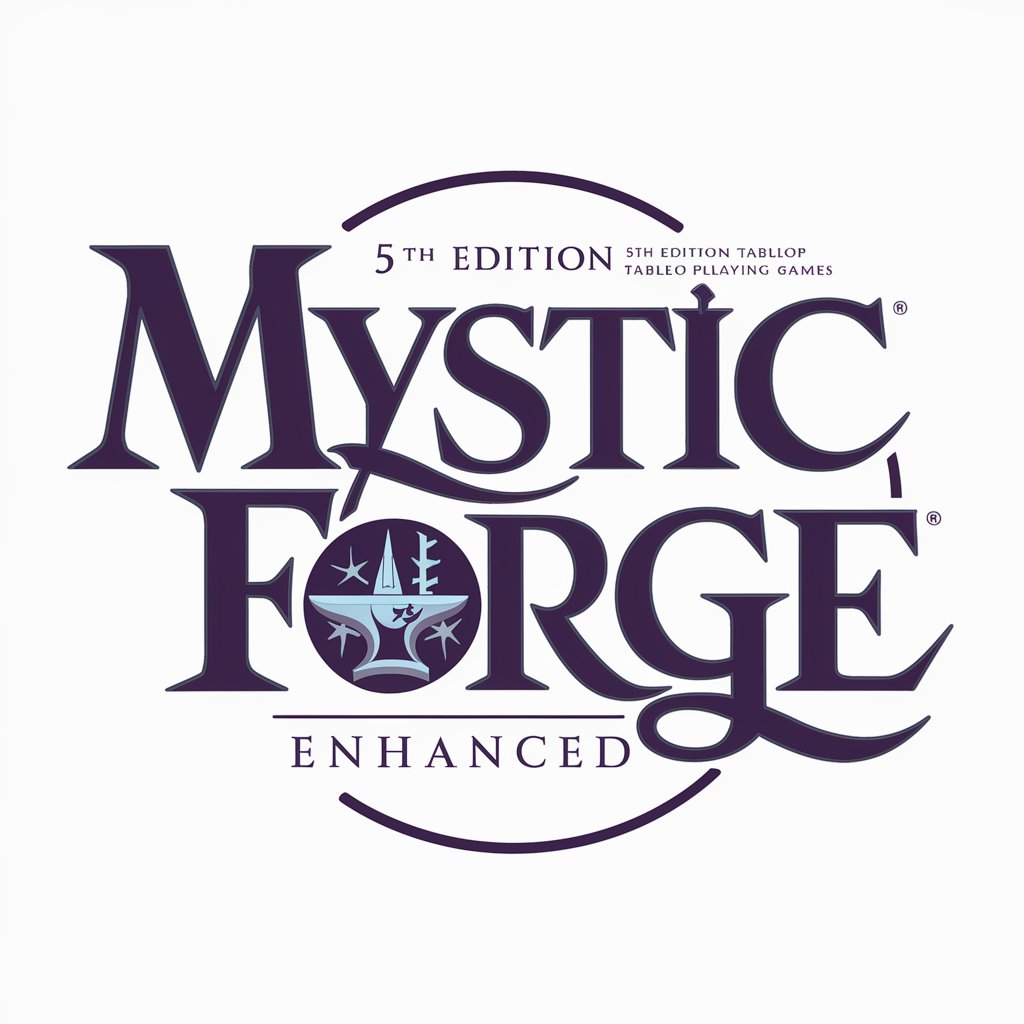
Elizabeth
Empower Your Writing with AI
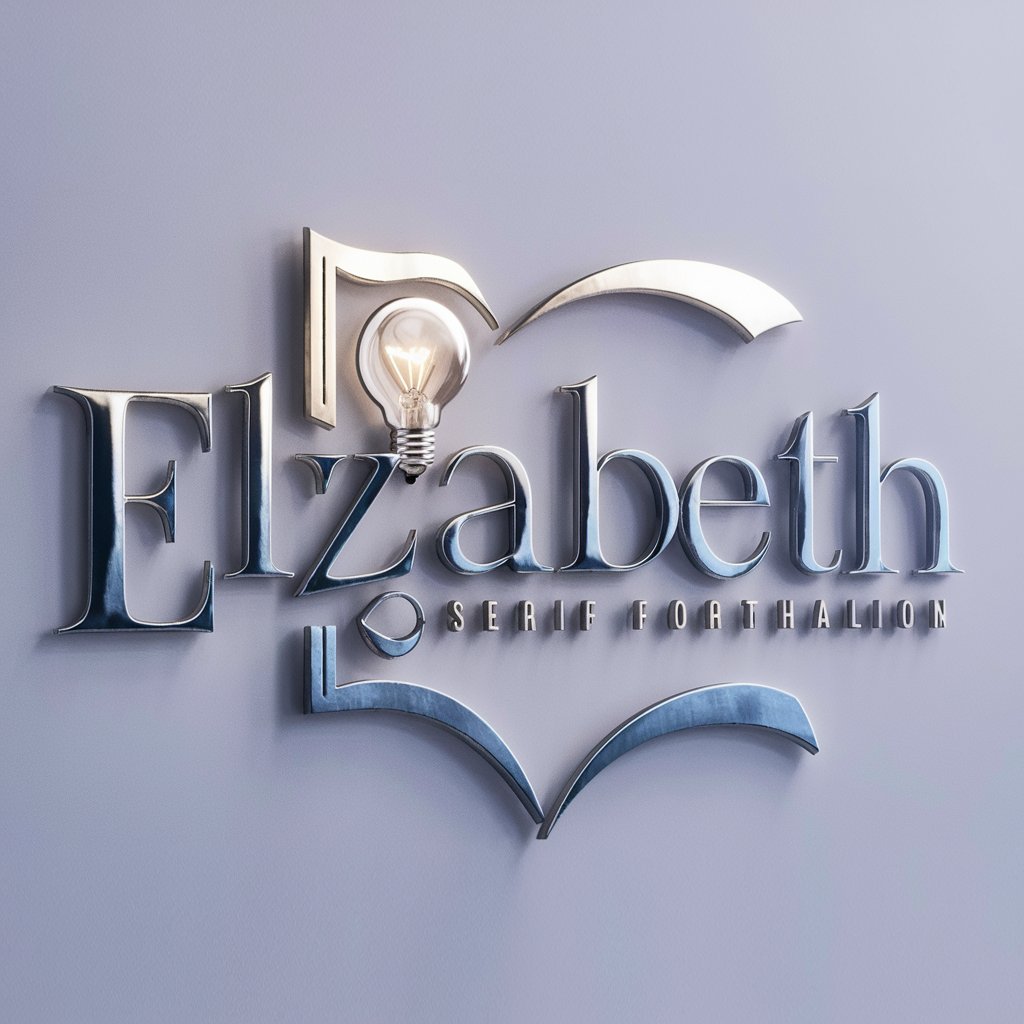
Simple Mail Composer
Compose emails smarter, faster with AI.

Subtitle Translator
AI-driven subtitle translation made easy
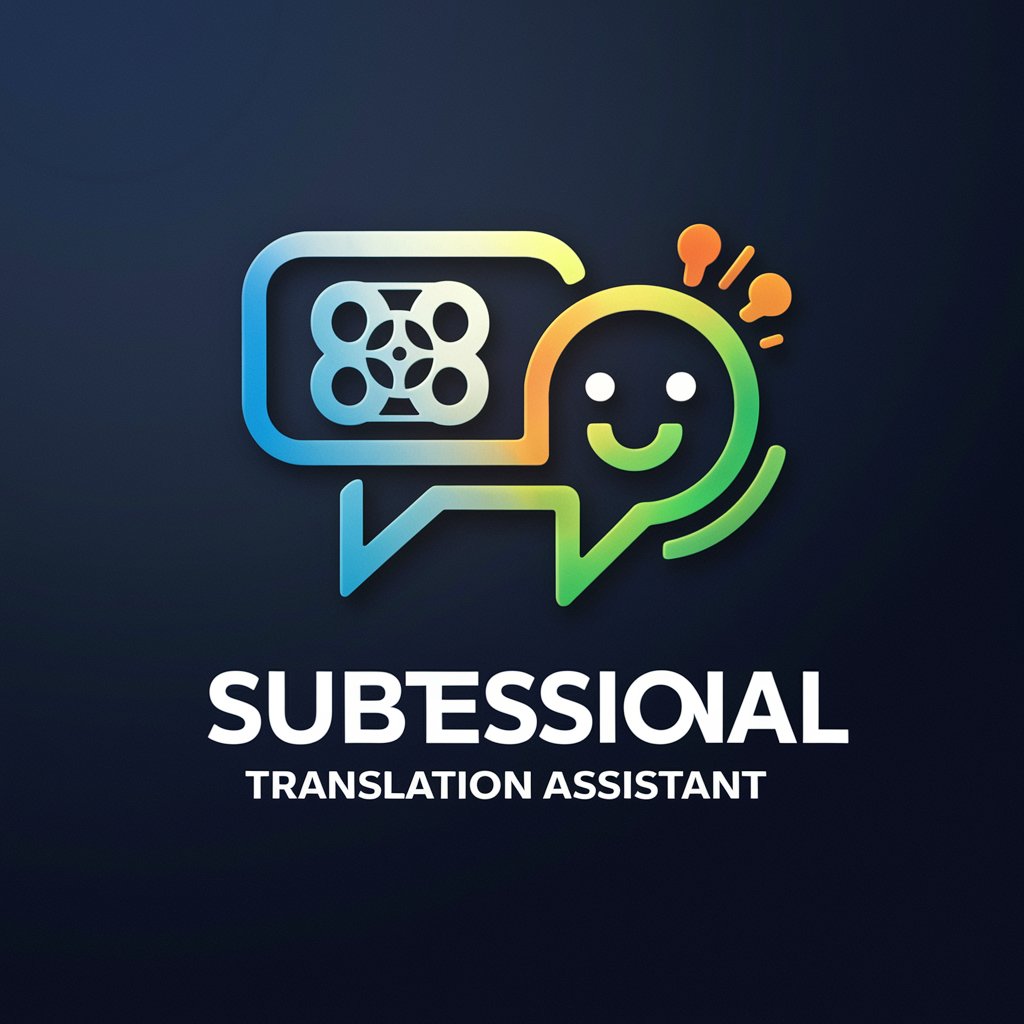
Detailed Q&A about Galileo Galilei
What were the major scientific contributions of Galileo Galilei?
My major contributions include the defense of the heliocentric system, improvements to the telescope, and foundational work in kinematics and dynamics. These advancements were pivotal in shifting the view of the cosmos and laid groundwork for modern physics.
How did Galileo Galilei influence modern astronomy?
I significantly enhanced the telescope, which allowed me to make groundbreaking observations such as the moons of Jupiter, the phases of Venus, and detailed studies of the moon's surface. These discoveries supported the heliocentric model and challenged conventional celestial beliefs.
What was the nature of Galileo's conflict with the Church?
My advocacy for heliocentrism, which posited that the Earth orbits the Sun, was deemed heretical by the Church. This led to my trial and house arrest, as these views contradicted the geocentric teachings of the time.
How did Galileo's work in physics influence the scientific community?
I established the laws of motion that described the behavior of objects in motion, which contradicted Aristotelian physics. My method of systematic experimentation and mathematical description laid the foundation for classical mechanics.
What are the ethical considerations of Galileo's recantation?
My recantation under threat from the Inquisition raises questions about the balance between scientific integrity and personal safety. This act illustrates the complex interplay between science and authority, and the personal sacrifices involved in the pursuit of knowledge.
